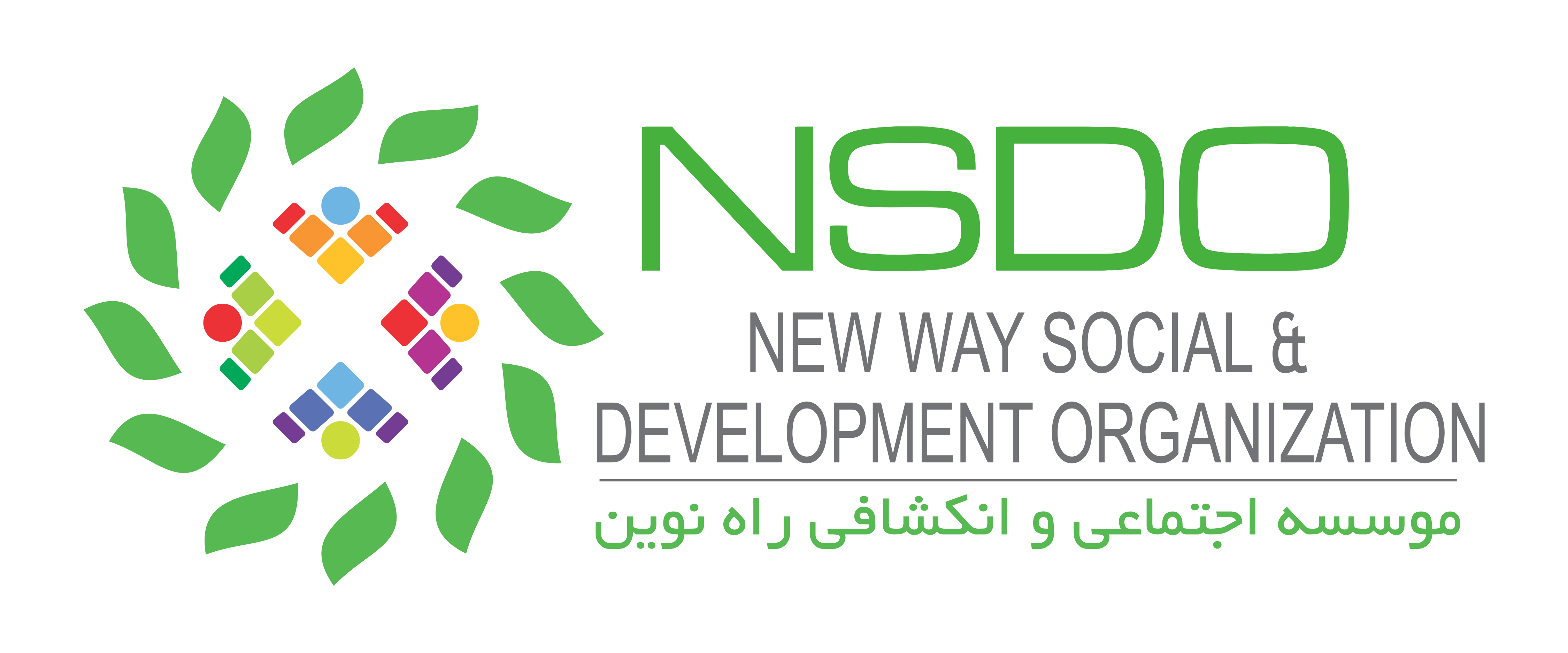Afghan Civic Engagement Program (ACEP)
This project is awarded by USAID/Counterpart International in Afghanistan. NSDO is implemented for the period of 2016 – 2019 with the aim of raising awareness among the residents of Kunduz Province about topics such as Islam and Democracy; the three pillars of Government – executive, legislative and judiciary; elections in Afghanistan; human rights and women; civil society; sexual harassment; and counter human trafficking, election cycle in Afghanistan, Voting as civic responsibility, Information about different types of voting and election, Importance of vote and participation in the election process, Election Law of Afghanistan and Importance of participation of women in the election process and peace through conducting civic education sessions, community sessions and addressed the challenges in advocacy efforts and sessions.
The project helped to change the mindset of community people surrounding the aforementioned topics who earlier to the civic educational sessions, believed that Islam and Democracy and human rights are not compatible with each other but however, subsequent to the completion of civic educational sessions, favored democracy and now believe that Islam and Democracy are interlinked with each other since it helps the transition of power to take place smoothly without resorting to violent measures. This motivated and mobilized each of them to act much more responsibly and to advocate for their own legitimate rights for addressing the problems which had remained pending for years as a result of their non-engagement. As a consequence, they came to believe that their engagement could make the difference and they vowed to voluntarily act for the welfare of their community by raising their voices of concern for improving their livelihood and bringing positive changes to their lives by hold government accountable for its responsibilities and obligations to be carried out for the welfare of people.
Active Citizens for Responsive and Accountable Sub-National Governance
This project is funded by UN-Habitat for a period of 10 months (July 2019 – April 2020) and aims to increase role of youths, women, CSOs and Community Influential to support influence on government officials, preventing corruption in public welfare projects during project life in 8 provincial districts of Kunduz Province with the objectives of 1) to train 160 People including representatives from youths, women, civil society activists, IDPs and community influential People’s to build their capacity on Citizens’ Score Card (CSR), Provincial Budget Monitoring (PBM), and Urban Development + Management during project timeframe and 2) establish two Advocacy Committees including CSR and PBM to monitor public welfare projects and share the results to relevant government authorities, especially municipality of Kunduz to take required actions, by the end of project. The Project impacted on the following levels 1) Technical level: Trained participants and CSOs became more aware of budgeting processes and realized the benefits of being knowledgeable and active on municipality and environmental projection departments, 2) Economic level: With increased responsiveness, transparency and accountability on service delivery in sectors of municipality and environmental and more locally informed budget processes, Local Authorities expected to have access to the key economic resources required to deliver these services and 3) Social level: Constructive engagement led over time to a change in attitudes of LAs, seeing citizens and youths more and more as credible partners. Shifting attitudes and creating spaces for dialogue within the project created the right setting for continued careful joint advocacy and support citizen monitoring of expenditures going forward. Within this process, a careful analysis of the differentiated budget needed of men, women and young people enabled gender and youth needs to be considered. As a consequence, citizens were also more likely to make contributions to the system which they understand, have helped to shape, and in the longer term may begin to place trust in.
Traditional Disputes Resolutions (TDR)
The entitled project is awarded by USAID/ADALAT in Afghanistan. NSDO is implemented for the course of 9 months in Badakhshan province to strengthen the existing Traditional Dispute Resolution TDR system through mitigating the negative practices and enhancing the positive in addition to building linkages between formal and informal justice systems as well as to improve access to fair, transparent and legal local justice services through selection and training of TDR actors to build their capacity and knowledge on prevalent laws protecting the basic human and citizen rights within the first six months of project cycle, to foster collaboration between formal and informal justice actors as value-added through coordination, district and network meetings between state and TDR actors throughout the life cycle of project, to reduce the frequency and seriousness of disputes by means of replacing the negative TDR practices by positive ones in a series of coordination and state-TDR actors and dispensary meetings in the last six months of the project’s life cycle and to address grievances of women in TDR practices by engaging them in spinsary group activities that help to resolve minor issues in families, children and neighbors by preventing these minor issues to evolve into much larger and more violent incidents in the last six months of the project’s life cycle.





